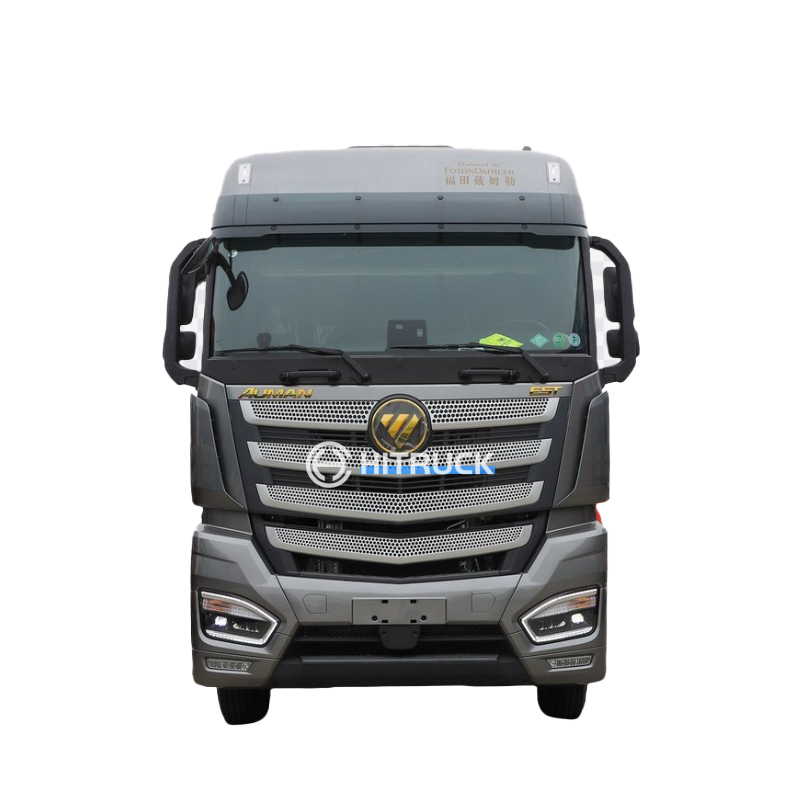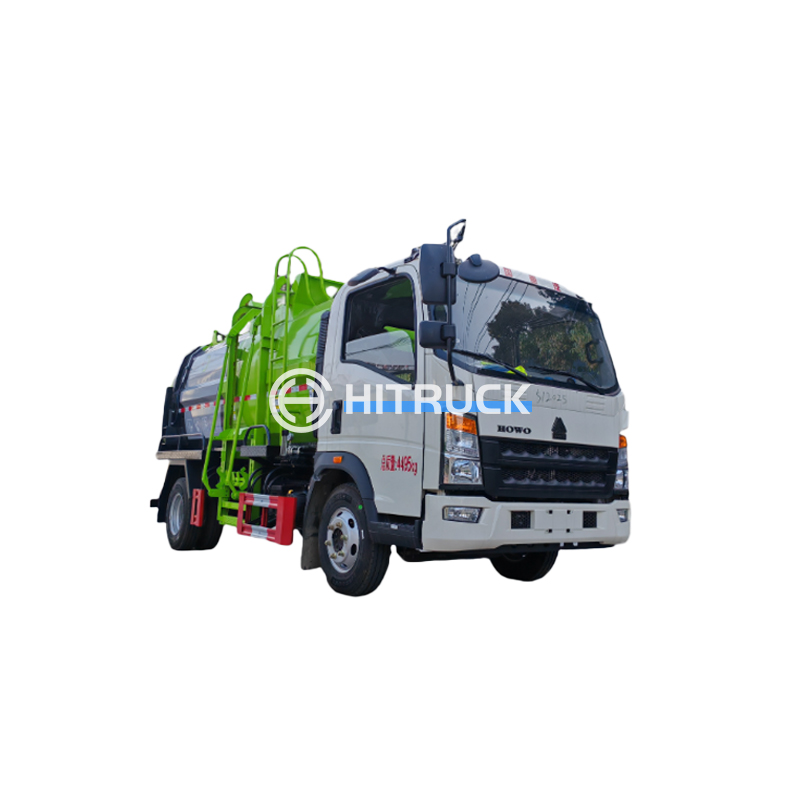This comprehensive guide explores the world of bulk tank trucks, covering their various types, applications, considerations for purchase, and maintenance. We'll delve into the specifics to help you make an informed decision when choosing a bulk tank truck for your needs. Whether you're a seasoned logistics professional or new to the industry, this guide provides valuable insights into the complexities of this crucial piece of transportation equipment.
Stainless steel bulk tank trucks are a popular choice due to their corrosion resistance, making them ideal for transporting a wide range of liquids, including food-grade products, chemicals, and pharmaceuticals. Their longevity and ease of cleaning contribute to their high cost-effectiveness over the long term. However, they can be heavier than other options, impacting fuel efficiency.
Aluminum bulk tank trucks offer a lightweight alternative to stainless steel, resulting in improved fuel economy. They're also known for their excellent corrosion resistance, particularly in less harsh environments. While generally less expensive initially, aluminum may require more frequent maintenance compared to stainless steel, particularly in corrosive environments. Aluminum is also less durable than stainless steel. Suizhou Haicang Automobile sales Co., LTD offers a wide selection of both aluminum and stainless steel options.
Carbon steel bulk tank trucks are a cost-effective solution but require careful consideration of the transported materials. They are susceptible to corrosion and may require specialized coatings or liners to protect against damage depending on the transported goods. Suitable for less corrosive materials and often preferred for applications where cost is a primary concern.
The capacity of your bulk tank truck should align directly with your transportation needs. Consider the volume of material you typically transport and allow for potential future growth. The size of the truck also needs to fit within your operational parameters. There are different types of sizes based on the amount of liquid that it can carry and this will vary.
Ensure the tank material is compatible with the substances you intend to transport. Different materials offer varying levels of resistance to corrosion and chemical reactions. Using incompatible materials could result in damage to the tank and contamination of the transported product. Incompatibility could also create hazards to the drivers and people in the vicinity.
Compliance with local, national, and international regulations is paramount. These regulations often specify requirements for tank construction, labeling, and safety features. Failure to comply can lead to severe penalties and legal ramifications. Be certain you have thoroughly researched regulations before a purchase.
Regular maintenance is crucial for extending the lifespan of your bulk tank truck and ensuring safe operation. This includes regular inspections, cleaning, and repairs. Implementing a robust maintenance schedule is essential for preventing costly breakdowns and maintaining compliance with safety standards.
Choosing the right manufacturer is critical. Research different manufacturers, comparing their reputations, warranties, and customer service. Consider factors such as their experience, the quality of their products, and their after-sales support.
| Manufacturer | Material Options | Warranty | Customer Support |
|---|---|---|---|
| Manufacturer A | Stainless Steel, Aluminum | 1 year | 24/7 phone support |
| Manufacturer B | Stainless Steel, Carbon Steel | 2 years | Email support |
Note: This is a sample table; actual manufacturer information should be researched independently.
Investing in the right bulk tank truck is a significant decision. By carefully considering these factors and conducting thorough research, you can select a bulk tank truck that meets your specific needs and ensures the safe and efficient transportation of your goods.












